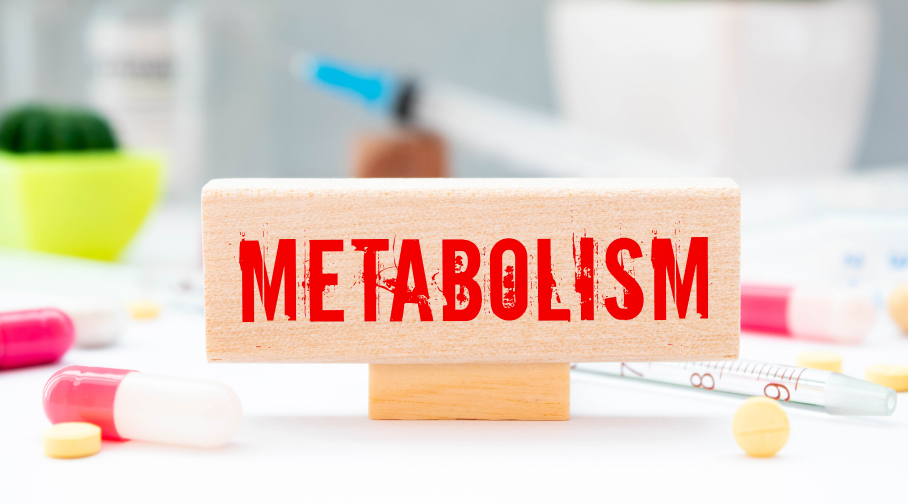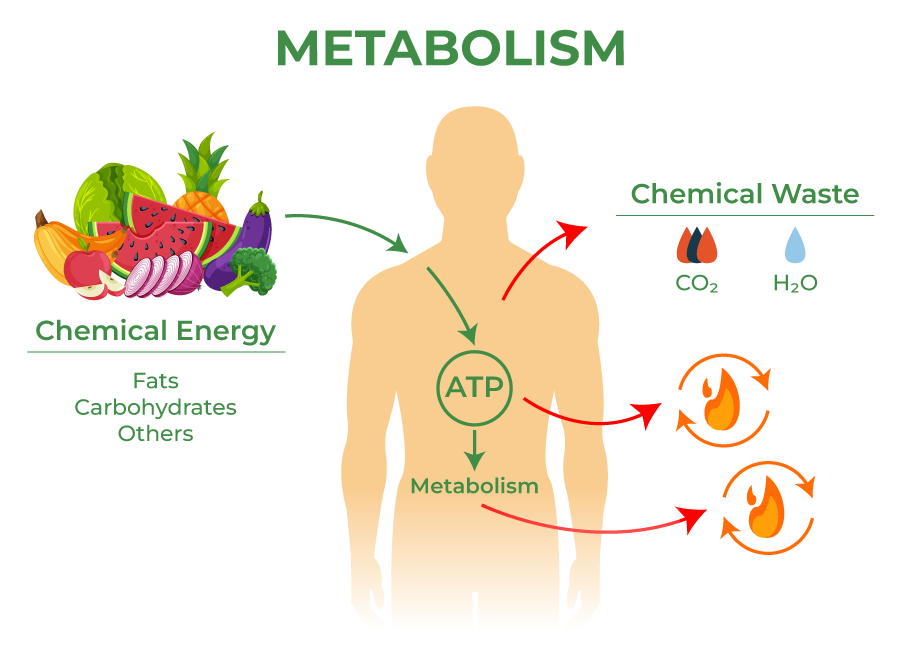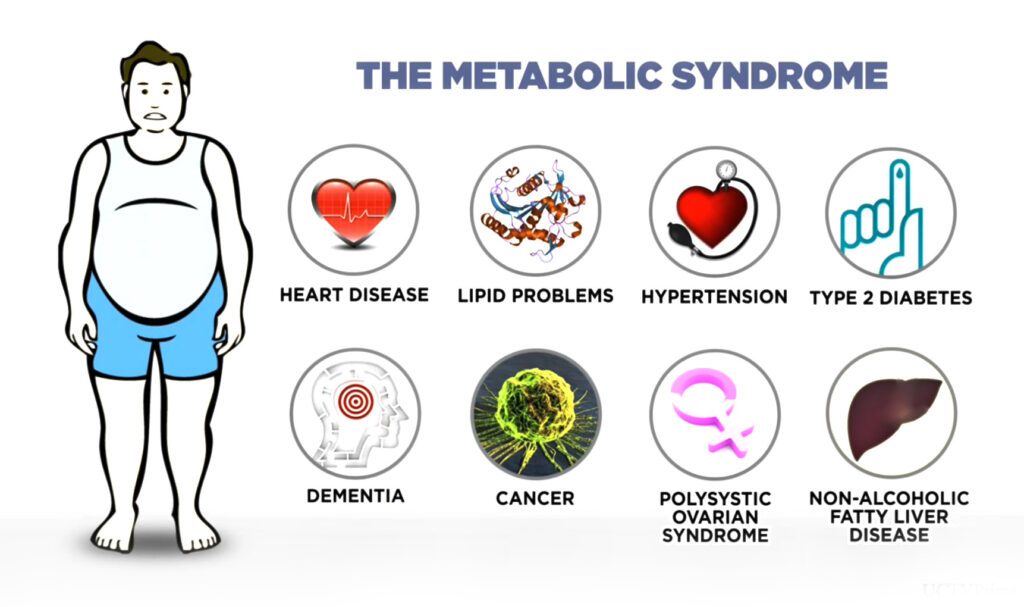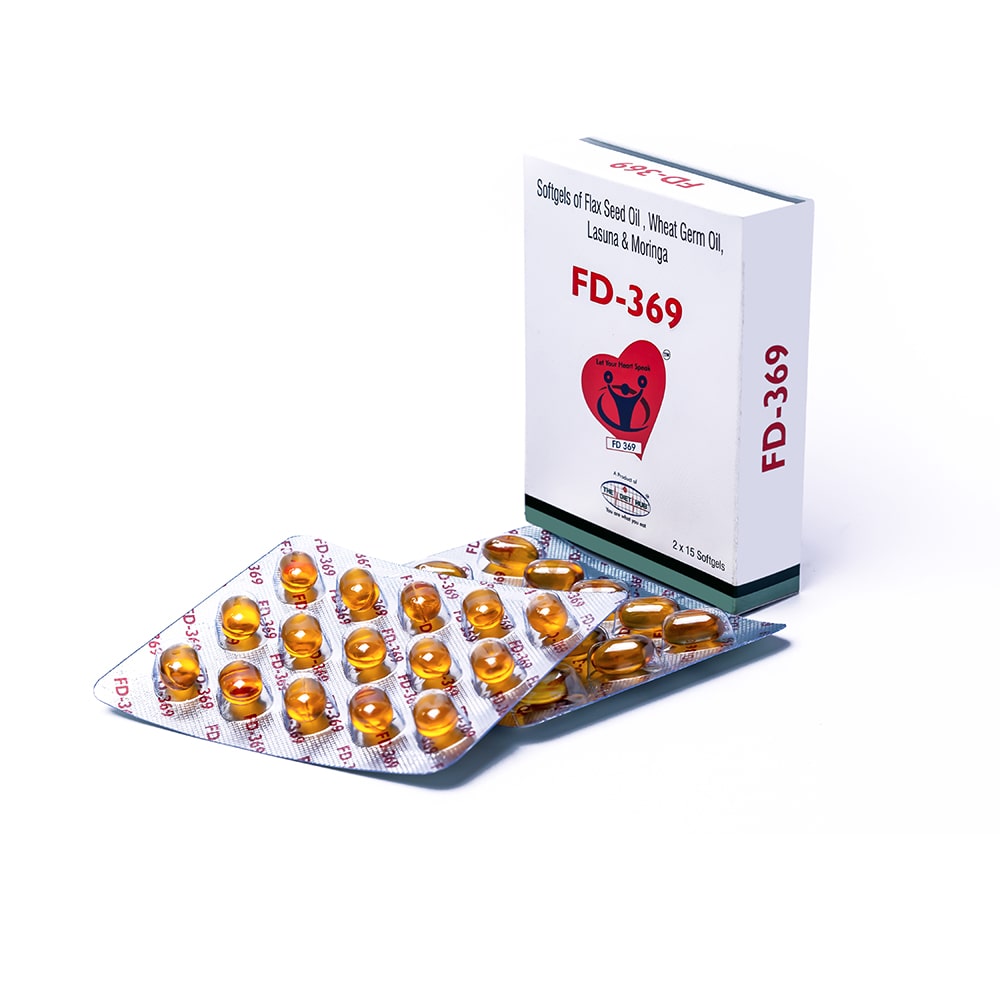Optimizing Your Metabolism for Better Health


As someone interested in optimizing your health, you know that metabolism plays a key role. With a faster metabolism, you can more easily maintain a healthy weight and have more energy. Understanding how to boost your metabolism provides a powerful tool for improving overall wellness. In this article, you’ll learn research-backed strategies for increasing your metabolic rate in sustainable, healthy ways. Optimizing metabolism requires adopting lifestyle habits and behaviors focused on diet, activity levels, sleep, and stress management. Small, incremental changes to your daily routine can have an outsized, positive influence. Read on to discover simple but impactful tips for enhancing your metabolism and achieving better health.


Understanding Your Metabolism: What Is Metabolism and How Does It Work?
Your metabolism refers to the chemical processes in your body that convert the calories you consume into energy. It determines how efficiently your body burns calories and impacts your weight, energy levels, and overall health.
Your basal metabolic rate (BMR) refers to the minimum number of calories your body needs to perform essential functions like breathing, circulation, and cell growth. It accounts for 60-75% of the calories you burn each day. Several factors influence your BMR, including:
Age: BMR decreases as you get older due to loss of muscle mass.
Body size and composition: BMR is higher for those with more muscle and lower body fat.
Sex: Men generally have higher BMRs than women. Genetics: BMR is partially determined by genetics.
Hormone levels: Thyroid hormones regulate BMR and metabolism.
Physical Activity and Exercise
In addition to your BMR, the calories you burn through physical activity and exercise make up the remaining 25-40% of your daily energy expenditure. The more active you are, the more calories you burn and the higher your metabolism becomes. Both cardiovascular exercise and strength or resistance training can increase your metabolism.
Engaging in regular physical activity is key to optimizing your metabolism. Aim for at least 30 minutes of moderate exercise most days of the week. Increase the intensity and duration over time as your fitness improves. Making simple lifestyle changes like taking the stairs, going for walks, and reducing sedentary time can also help boost your metabolism in the long run.
Optimizing your metabolism through diet and exercise is essential for achieving and maintaining a healthy weight and overall wellness. Understanding how your metabolism works and the factors that influence it will empower you to make the best choices for your body.


Factors That Influence Your Metabolic Rate
Age
As you get older, your metabolism generally slows down. This is because aging causes changes in hormones, muscle mass and activity levels. For every decade after age 40, your metabolism decreases by 2%. Engaging in regular exercise and strength training can help minimize the effects of an aging metabolism.
Body Composition
Your metabolic rate is higher if you have more muscle mass. This is because muscle is metabolically active and requires more energy. In contrast, fat tissue is less metabolically active. Focusing on building muscle through exercise and diet can boost your metabolism.
Dietary Thermogenesis
The energy required to digest, absorb and utilize the nutrients in the food you eat contributes to your metabolic rate. Protein-rich foods in particular have a high thermogenic effect. A diet high in protein, complex carbohydrates and healthy fats provides more stimulation for your metabolism than a diet high in simple sugars and processed foods.
Hormone Levels
Hormones such as thyroid hormone, growth hormone and testosterone regulate your metabolism. When your hormone levels are balanced, your metabolism functions efficiently. Factors like stress, aging, inflammation and insulin resistance can negatively impact your hormone levels and slow your metabolism. Managing stress, limiting sugar intake and exercising regularly help support healthy hormone levels and an optimized metabolism.
In summary, your age, body composition, diet and hormone levels are the primary factors that determine your metabolic rate. Making healthy lifestyle changes in each of these areas can have a significant impact on boosting your metabolism for improved health and longevity.
Lifestyle Tips to Boost Your Metabolism
To optimize your metabolism, make healthy lifestyle changes. Adopting good habits can help you burn more calories and lose excess weight.
Get Plenty of Sleep
Aim for 7 to 8 hours of sleep per night. Lack of sleep can slow your metabolism by up to 15 percent. When you don’t get adequate rest, your body produces more ghrelin, the hormone that stimulates appetite, and less leptin, the hormone that makes you feel full. Establishing a consistent sleep schedule will help ensure you get the sleep you need to maintain an efficient metabolism.
Stay Hydrated
Drink plenty of water and non-caffeinated beverages each day to keep your body functioning properly. Dehydration causes your metabolism to slow down, as your body tries to conserve energy. For most people, 6 to 8 glasses of water per day is adequate. Start your day with a glass of water as soon as you wake up to boost your hydration and jumpstart your metabolism.
Reduce Stress Levels
Chronic stress produces cortisol, the “stress hormone” that causes your body to store fat, especially in the abdominal area. Practice self-care techniques like yoga, meditation, or deep breathing to lower your cortisol levels and avoid metabolic disruption. Even taking short breaks to walk outside or do light exercise can help you de-stress and increase your metabolism.
Making healthy lifestyle changes requires discipline and commitment. However, optimizing your metabolism through adequate sleep, hydration, and stress reduction can have significant benefits for your health and weight management success. Developing sustainable habits and a balanced approach to wellness will serve you well for years to come.
Foods That Can Increase Your Metabolic Rate
Several foods contain compounds that can increase your metabolism and support fat burning in your body.
Lean Proteins
Foods high in protein, such as chicken, fish, eggs, and legumes, require more energy to digest than fats or carbohydrates. This is known as the thermic effect of food, Consuming protein-rich meals can increase your metabolism for up to 12 hours. Aim for 20 to 30 grams of protein with each meal, especially breakfast and dinner.
Green Tea
Green tea contains compounds called catechins, including epigallocatechin gallate or EGCG, that may slightly increase metabolism and fat burning. According to research, drinking 2 to 3 cups of green tea per day may increase metabolism by up to 4% and fat burning by up to 17% in some individuals. The effects seem to be most prominent when drinking green tea before exercise.
Chili Peppers
Chili peppers contain capsaicin, a compound that gives them their heat and may boost metabolism. Studies show that consuming capsaicin may increase metabolism by up to 25% for several hours after eating. Try adding chopped chili peppers to meals, or a bit of hot sauce or chili oil. The effects tend to be modest, but over time can have a cumulative effect.
Coffee
Like green tea, coffee contains compounds that may slightly increase metabolism, especially when consumed before exercise or physical activity. The effects tend to be relatively small, around 3 to 11% increase in metabolism, but every bit helps. Aim for 1 to 2 cups of black coffee per day for the best results. Avoid adding sugar, as this can counteract any benefits.
How Unhealthy lifestyle affect metabolism
An unhealthy lifestyle characterized by poor diet and lack of exercise can negatively impact your metabolism.
Poor Diet
Eating a diet high in processed foods, sugar, and unhealthy fats slows down your metabolism. These foods are low in nutrients but high in calories, causing weight gain that reduces metabolic efficiency. Focusing on whole foods like fruits and vegetables, lean proteins, and whole grains provides the vitamins and minerals your body needs to function properly. Making better food choices is the first step towards optimizing your metabolism.
Lack of exercise
A sedentary lifestyle decreases muscle mass and causes metabolic slowdown. Exercise is essential for building muscle and increasing metabolism. Aerobic exercise and strength training are particularly effective. Aerobic exercise like walking, jogging, and biking increase your heart rate and burn calories. Strength or resistance training with weights builds muscle that continues burning calories even at rest. Aim for at least 30 minutes of moderate exercise most days of the week to boost your metabolism.
Excessive alcohol consumption
Drinking too much alcohol has negative effects on metabolism. Alcohol is high in calories but low in nutrients, and excessive consumption inhibits the body’s ability to burn fat. Limit your alcohol intake to one drink per day for women, and two per day for men. Staying within these guidelines will minimize the impact on your metabolism.
Making positive lifestyle changes by eating a healthy diet, exercising regularly, limiting alcohol, getting enough sleep, and reducing stress will optimize your metabolism for better health and weight management over the long run. Focus on progress, not perfection, and maintain a balanced approach for the most sustainable results.


Ayurveda and Metabolism: Introducing FD-369
The ancient Indian system of medicine, Ayurveda, emphasizes a holistic approach to well-being. It recognizes the importance of digestion as the foundation for overall health and vitality. The Diet Hub understands that some individuals might be interested in exploring natural solutions alongside a healthy lifestyle and exercise routine. FD-369 is an Ayurvedic supplement formulated with natural ingredients traditionally used in Ayurveda to support digestion and potentially enhance your body’s natural metabolic processes.
FD-369: The Ayurvedic Approach to Metabolic Support
FD-369 goes beyond simply being a “metabolism booster.” It’s a unique blend of natural ingredients specifically chosen for their potential benefits in supporting a healthy metabolism and overall well-being. Here’s a closer look at the key ingredients and their potential functions:
- Flax Seed Oil: Rich in Omega-3 fatty acids and Lignans, Flax Seed Oil may contribute to healthy cholesterol levels by potentially lowering LDL (“bad”) cholesterol and triglycerides. It may also promote a feeling of fullness, aiding in weight management efforts.
- Wheat Germ Oil: Packed with Vitamin E and other essential nutrients, Wheat Germ Oil may support cellular health and potentially contribute to healthy blood pressure management.
- Lasuna Oil: Derived from garlic, Lasuna Oil has been used for centuries in Ayurveda for its heart-friendly properties. It may support healthy cardiovascular function through various mechanisms.
- Moringa Oil: Extracted from the Moringa tree, Moringa Oil is rich in various beneficial compounds, including Beto-Sitosterol. This compound may offer potential benefits for managing specific health concerns, but more research is needed to understand its full impact.
Optimizing Your Health Naturally with FD-369
Here’s how FD-369 can potentially support your journey towards a healthier you:
- Improved Digestion: By supporting a healthy digestive system, FD-369 may help your body absorb nutrients more efficiently, potentially leading to better utilization of food for energy production.
- Enhanced Metabolism: The combination of ingredients in FD-369 may work synergistically to potentially support your body’s natural metabolic processes, promoting optimal energy utilization.
- Holistic Well-being: By promoting healthy digestion and potentially supporting a balanced metabolism, FD-369 can contribute to your overall well-being.
It’s important to remember that FD-369 is intended to be a complement to a healthy lifestyle and exercise routine. While the ingredients in FD-369 hold promise, more scientific research is needed to fully understand their specific effects on metabolism. Consulting your doctor before starting any new supplement program is always a good idea, especially if you have underlying health conditions.
By incorporating these tips, exploring natural solutions like FD-369, and maintaining a healthy lifestyle, you can potentially support your metabolism and achieve your wellness goals. Visit The Diet Hub for more information on healthy recipes, exercise routines, and natural solutions for a healthier, happier you!
Conclusion
In conclusion, optimizing your metabolism is a key component of achieving and maintaining overall health. By understanding the factors that influence your metabolic rate and making positive lifestyle changes, you can empower your body to burn calories more efficiently. This blog post has provided you with a roadmap for optimizing your metabolism through diet, exercise, sleep, stress management, and potentially exploring natural solutions like FD-369. Remember, consistency is key. By incorporating these strategies into your daily routine, you can unlock a healthier, more energetic you!


